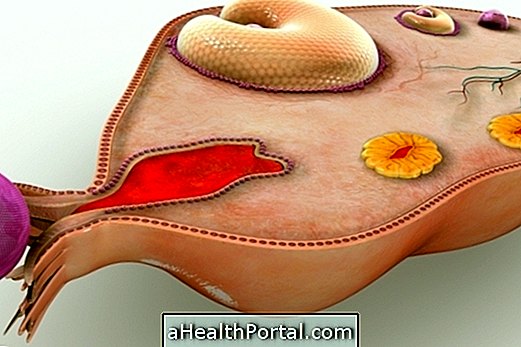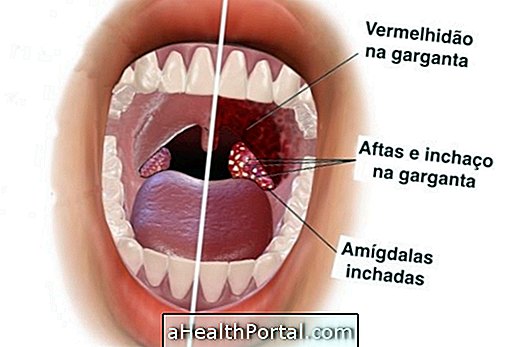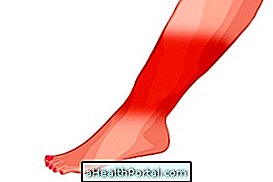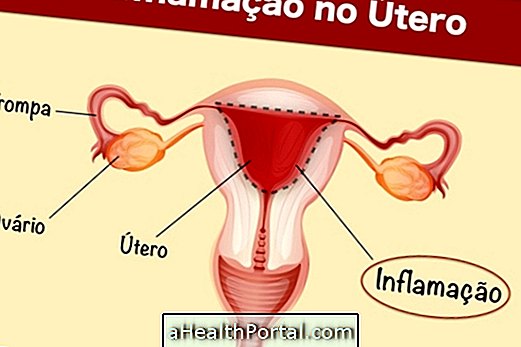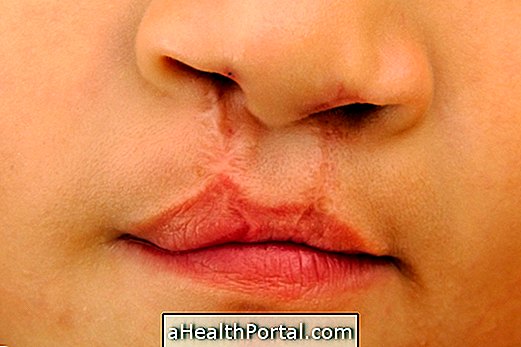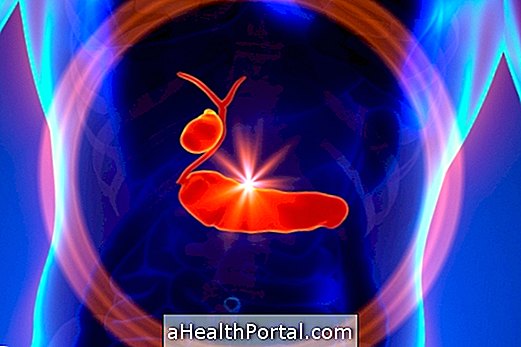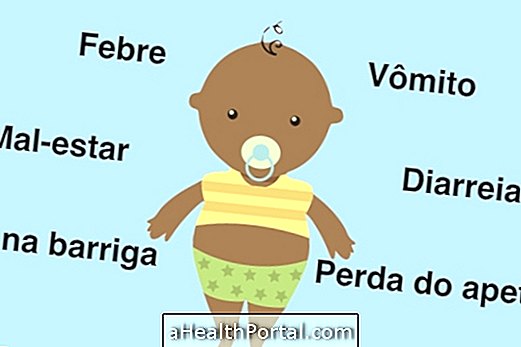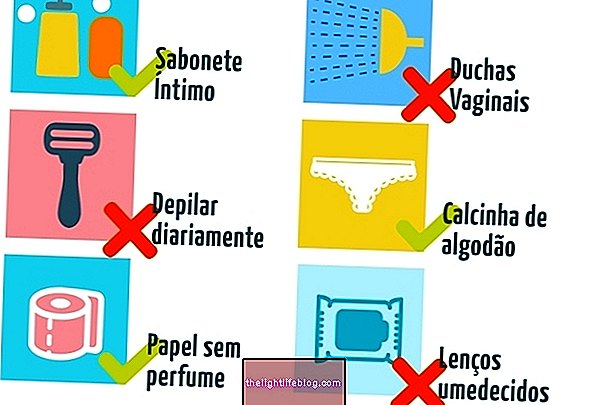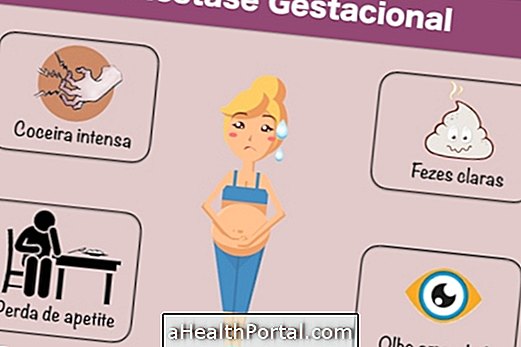The hiatus hernia arises when a small portion of the stomach can pass through the hiatus, which is the orifice in the diaphragm that should pass only the esophagus.
When this happens, the stomach can not close completely during digestion and therefore symptoms such as:
- Heartburn and burning throat;
- Chest pain;
- Sensation of vomiting;
- Frequent seizures;
- Difficulty swallowing;
- Stomach feeling too full after meals.
These symptoms appear especially due to the development of gastroesophageal reflux, which happens because the stomach does not close properly and gastric acid can rise up to the esophagus, burning its walls.
This way, the symptoms are usually more intense after the meals, especially when these are composed by fatty, spicy, fried foods or by alcoholic drinks.
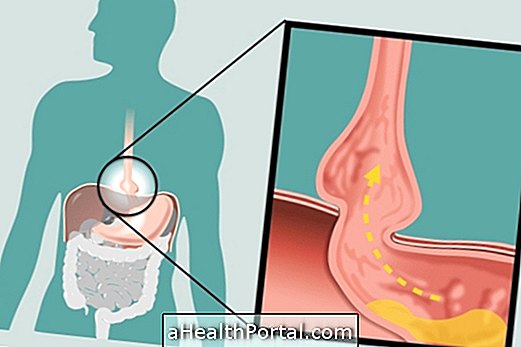
Main causes of hernia
Although there is no specific cause for the development of a hiatus hernia, this change is more frequent in people over 50, overweight or in pregnant women, possibly due to weakening of the diaphragm or increased pressure in the abdomen.
In addition, there is still a more rare type of hiatal hernia that affects only newborns due to a lack of development of the stomach or diaphragm.
How to relieve symptoms
The best way to relieve the symptoms is to make some changes in the diet, avoiding making very bulky meals and avoid eating too fatty or spicy foods. See a more complete list than avoid.
In addition, you should also avoid lying down after eating and raising the head of the bed to sleep so that the contents of the stomach do not rise into the esophagus. Watch a video by nutritionist Tatiana Zanin on controlling symptoms:

In some cases, the gastroenterologist may also prescribe gastric protective medicines, such as Omeprazole or Pantoprazole, to protect the walls of the esophagus and relieve symptoms.
In the more serious chaos, where the symptoms do not improve with dietary changes or the use of medication, surgery may still be needed to try to correct the hernia.
